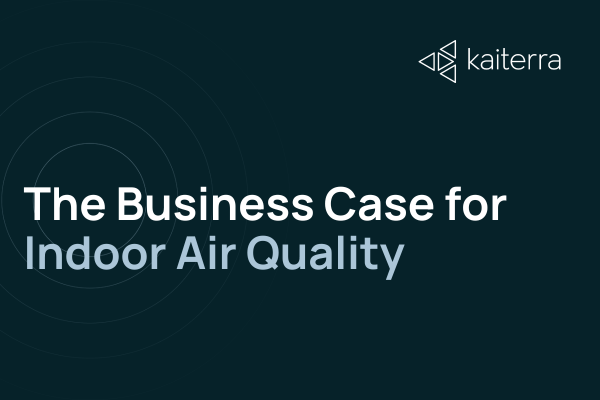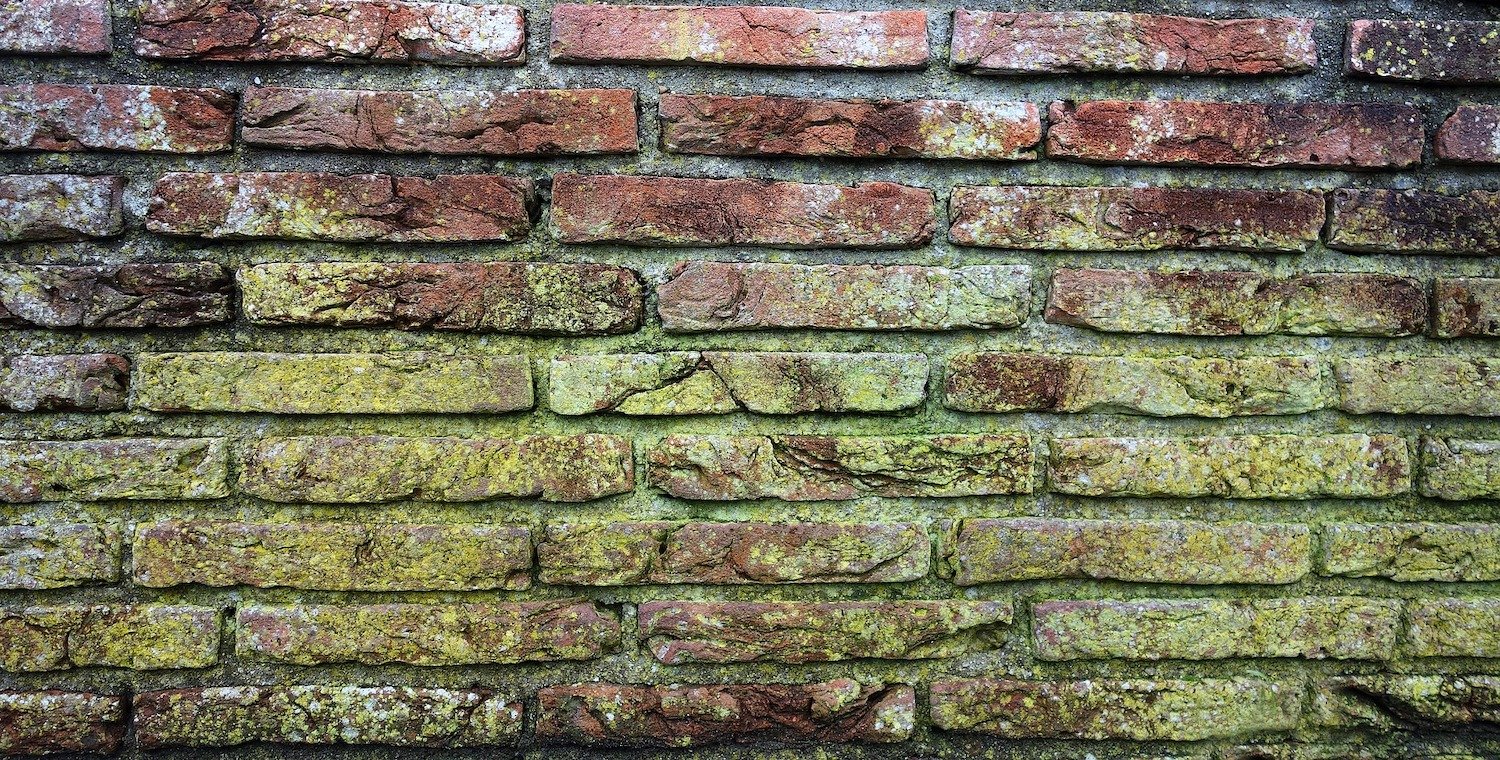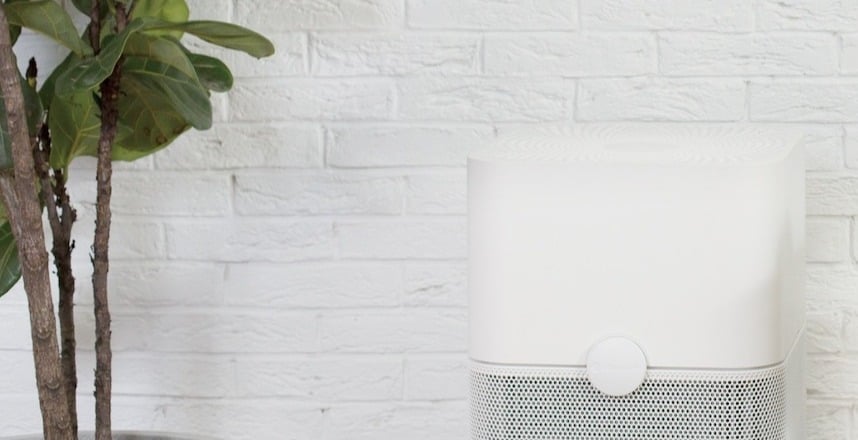Newsletter
The question:
“Hi guys, I was wondering: I moved from Beijing to Berlin, and my particle detector seems to be giving dramatically different results than what I was expecting! Is it possible that moving to a new city could cause my particle detector to give inaccurate readings?”
-Martin, a person I just made up
Hi Martin,
First of all, thanks for imaginary-writing to us! The complete answer to your question is quite technical, so we’ll give you a short answer to take away, and a longer answer to chew on and hopefully quell your curiosities.
The short answer:
Yes. Each city’s smog is composed of different junk, so your particle detector needs to know what it’s measuring to give you accurate readings. Poorly calibrated, your results could be off by as much as 300%! Usually a detector needs to be re-calibrated if you go to a new city.
The long answer:
Well, remember how there are 3 types of particle detectors? Let’s start there.
If your detector is infrared, then don’t worry about it. They aren’t really accurate enough to calibrate.
If your particle detector is using beta attenuation, there are lots of things that can affect your reading, such as humidity, temperature and barometric pressure. They need to be recalibrated from scratch any time there is a change in site or season. Usually you need to be a pretty highly-trained technician to calibrate one of these properly—this is applied science.
Most likely though, you’re using a laser-based detector that uses MIE scattering to count particles and determine their size. In that case, it will be affected by the types of particulate matter in the air.
Small particles (like sand and soot) have lots of different shapes and textures, just like large objects (such as golf balls and durian fruits) do. If you remember how laser diffraction works, then it should make sense that differently-shaped objects create different diffractions. Your monitor needs to be calibrated based on where the particulate matter is coming from, and the difference is quite large, whether it’s from car exhaust, cigarette smoke or cooking hamburgers.
Seeing that each city has a different pollution profile, the location you’re in will affect the accuracy of your particle counter. Most devices need to be calibrated by hand using data sheets from each city or sent to a professional calibrating service, but there is one that does all this automatically via Wi-Fi… Just sayin’ ?






.png?width=200&height=148&name=Menu%20C%20(2).png)

.png?width=307&height=228&name=Menu%20-%20D%20(1).png)
.png)




